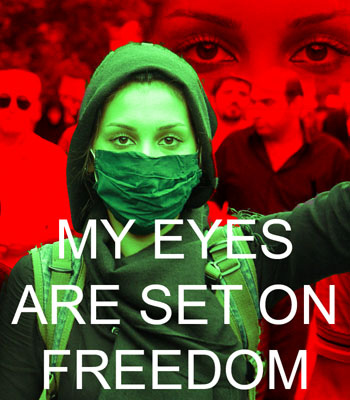UN anti-crime chief urges better use of Convention against Transnational Organized Crime

Executive Director of UNODC Yury Fedotov (left) addresses the eighth session of the Conference of the Parties to the UN Convention on Transnational Organized Crime. Photo: UNODC
17 October 2016 – Citing indisputable negative impacts of transnational organized crime on people’s lives and societies, the United Nations top anti-crime official today stressed the need to make better use of the existing global convention and its protocols to tackle this illicit act.
“The international community has repeatedly recognized that the UN Convention [against Transnational Organized Crime] and its three protocols on human trafficking, migrant smuggling and firearms are more relevant than ever to address urgent global challenges,” the Executive Director of the UN Office on Drugs and Crime (UNODC), Yury Fedotov, toldthe opening of the eighth session of the Conference of the Parties to the Convention in Vienna.
“The negative impact that transnational organized crime has on health, livelihoods and the environment, on the fitness of institutions, governance and the rule of law, is indisputable,” he added.
With 187 States Parties, and with similarly high levels of ratification for the protocols, theConvention enables and enhances the cooperation, formal and informal, within and between regions, needed to confront transnational organized crime, he said, explaining that this includes formal judicial cooperation, such as extradition and mutual legal assistance, as well as other types of cooperation including law enforcement cooperation, joint investigative teams, use of special investigative techniques, as well as protection of witnesses.
Mr. Fedotov went on to emphasize that the 2030 Agenda for Sustainable Development acknowledged that confronting crime and promoting the rule of law were essential to the achievement of the sustainable development goals.
“Targets under many of the Sustainable Development Goals (SDGs) address human trafficking and forced labour, drug and wildlife trafficking, and illicit financial and arms flows, as well as the recovery and return of stolen assets,” he said.
He also noted that UNODC is working hard to highlight the Convention’s unique value in addressing new and emerging crimes, including cybercrime, whether involving criminal use of the internet, cyber-enabled fraud or online exploitation and abuse of children; organ trafficking; environmental crime; and maritime crime, as well as trafficking in cultural property.
However, he pointed out, implementation represents a distinct challenge and this gap must be closed.
Stronger implementation of the Convention and protocols can also contribute to improving responses to the continuing refugee and migration crises, he said.
This was recognized in the New York Declaration adopted at the UN Summit for Refugees and Migrantslast month, Mr. Fedotov said, recalling that he had emphasized in his address to the Summit that the protocols on human trafficking and migrant smuggling are needed to help to protect vulnerable women, men and children on the move from violence, abuse and exploitation at the hands of criminals.
Held every two years, the Conference of the Parties to the Convention attracts some 800 participants from Member States, ministries and civil society. The meeting runs through Friday.
Copyright mediaforfreedom.com


